In the ever-evolving landscape of finance, the rise of virtual currencies, particularly Bitcoin, marks a significant turning point. As its value approaches the staggering threshold of $100,000, and the overall cryptocurrency market surpasses $14 trillion, we witness an explosion of interest driven by a confluence of factors that could redefine investment strategies and financial stability across the globe.
The meteoric rise of Bitcoin can largely be attributed to increasing market demand. Just a few years ago, Bitcoin was perceived primarily as a niche asset, mainly favored by tech enthusiasts and speculative investors. Fast forward to today, and it has garnered significant recognition from both individual and institutional investors. Notably, institutional players have entered the fray, and their substantial capital inflow has the power to steer market trends significantly. When prestigious investment firms begin adding Bitcoin to their portfolios, it sends out ripples throughout the investment community, encouraging others to jump on the bandwagon. For instance, companies like MicroStrategy and Tesla have publicly embraced Bitcoin, further legitimizing it as a viable asset class.
Examining the broader economic environment reveals another critical aspect propelling Bitcoin’s value. The global economy faces unprecedented uncertainty, which, in turn, generates volatility in traditional financial assets such as stocks and bonds. In times of instability, investors often look for safe-haven assets, with gold traditionally leading the way. However, Bitcoin is increasingly being regarded as a digital gold—as an alternative store of value that provides a hedge against inflation and currency devaluation. The scarcity of Bitcoin, with its capped supply at 21 million coins, adds to its allure, prompting investors to pivot towards it for wealth preservation in turbulent economic times.
Furthermore, technological advancements underpinning Bitcoin—specifically its blockchain technology—offer a layer of security and transparency that traditional financial systems often lack. The immutable nature of blockchain ensures that transactions are permanent and tamper-proof, which is an attractive feature for investors concerned about fraud and manipulation. As blockchain finds applications across various sectors, including supply chain management and even governance, Bitcoin continues to gain traction as the flagship asset of this revolutionary technology. For example, its deployment in fintech startups has sparked a new wave of innovation, attracting even more attention to its potential.
However, the burgeoning cryptocurrency market, now valued over $14 trillion, does not come without its risks and challenges. While the expansive growth underscores Bitcoin's potential and the collective ecosystem encompassing various altcoins, it also introduces complexities such as regulatory uncertainty. The decentralized nature of cryptocurrencies creates a conundrum for regulators around the world, leading to a patchwork of regulatory environments. Some jurisdictions, such as El Salvador, have adopted Bitcoin as legal tender, while others maintain a cautious or outright restrictive stance. This discrepancy complicates the global landscape for cryptocurrency trading and acceptance, adding an element of instability for investors.
Additionally, market volatility remains a pressing concern. The dramatic fluctuations in Bitcoin's price threaten to dissuade new investors even as it attracts a growing base. Just as we have seen in recent months, Bitcoin's trek towards $100,000 was accompanied by significant price swings that left many feeling anxious. Such volatility can undermine confidence in the market and deter long-term investments, as witnessed during previous peaks followed by steep corrections. Investors must remain aware that with potential profit comes substantial risk.
The combined forces of increasing demand, economic uncertainty, and advancing technology have placed Bitcoin in a position to potentially reshape financial markets. However, as we marvel at the rapid ascent of Bitcoin and the thriving cryptocurrency market, it is essential that participants remain vigilant about the inherent risks. Investors must conduct thorough due diligence and develop robust strategies that account for volatility and regulatory hurdles, and regulators must continue to seek equitable approaches to the oversight of this nascent market.
In conclusion, the trajectory of Bitcoin nearing $100,000 alongside the unstoppable momentum of the cryptocurrency sector signals not just a market trend, but a broader transformation in our perception of value and investment. It serves as a reminder of the delicate balance between opportunity and risk in an increasingly digital world. As both investors and regulators navigate this uncharted territory, a thoughtful and cautious approach will be paramount in harnessing the potential of cryptocurrencies while minimizing pitfalls.

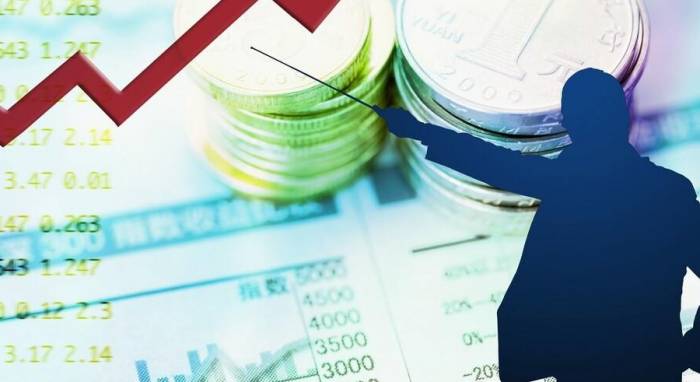

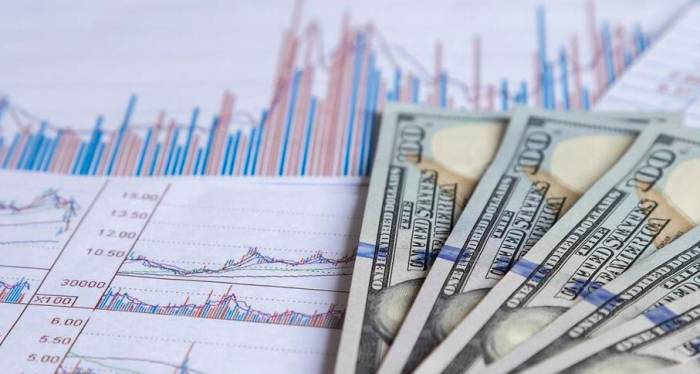

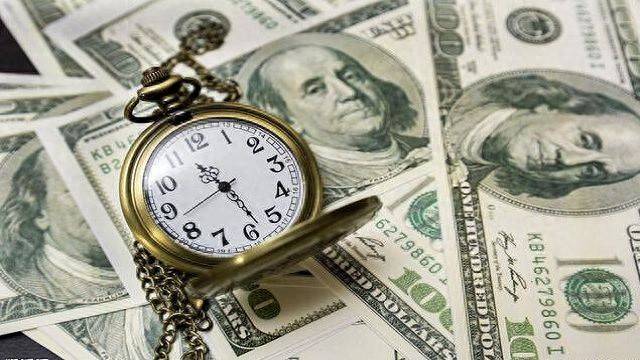

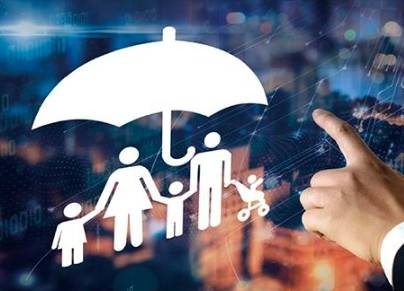


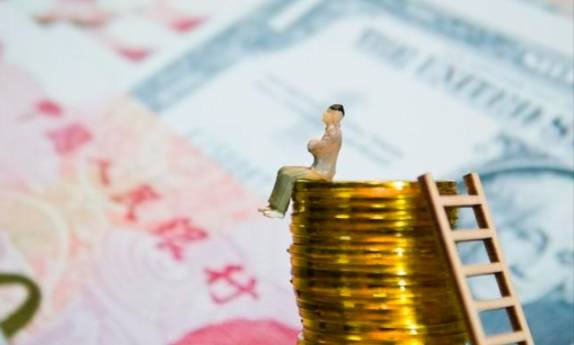

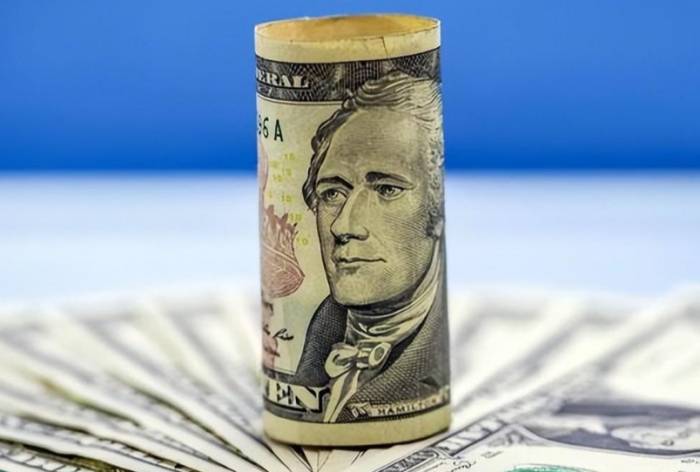






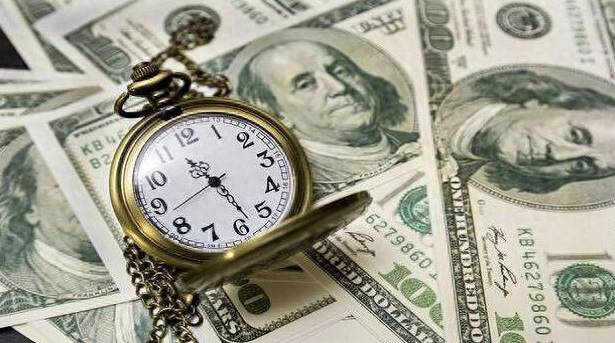


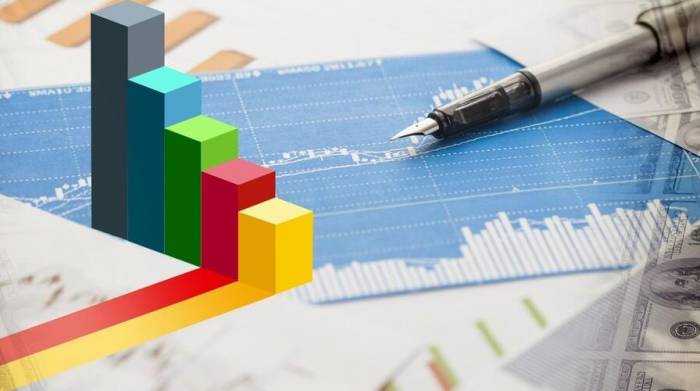
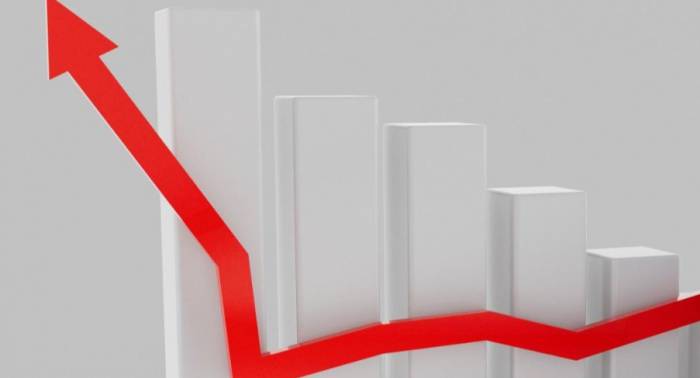

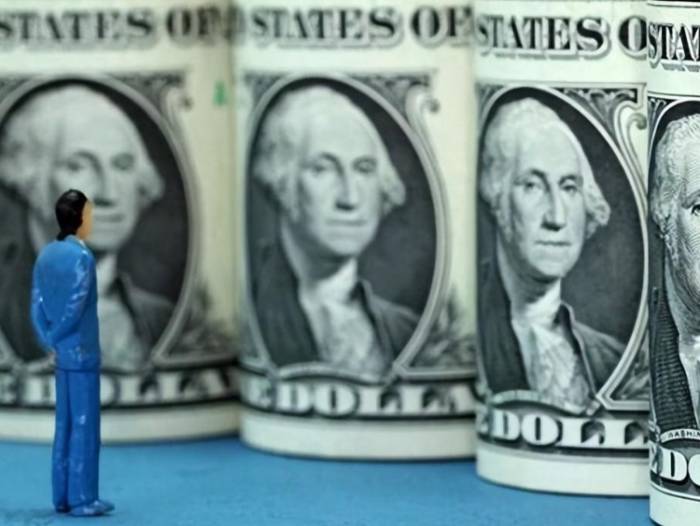
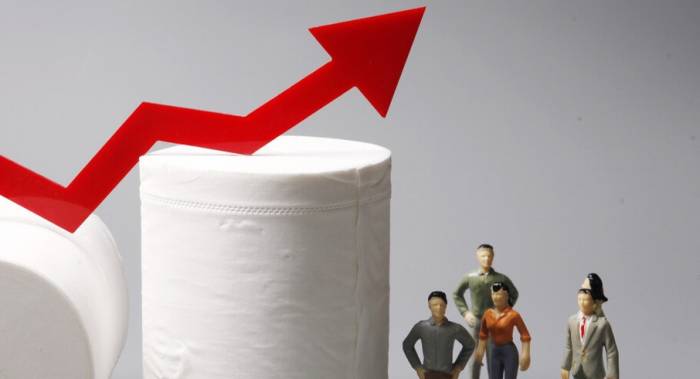
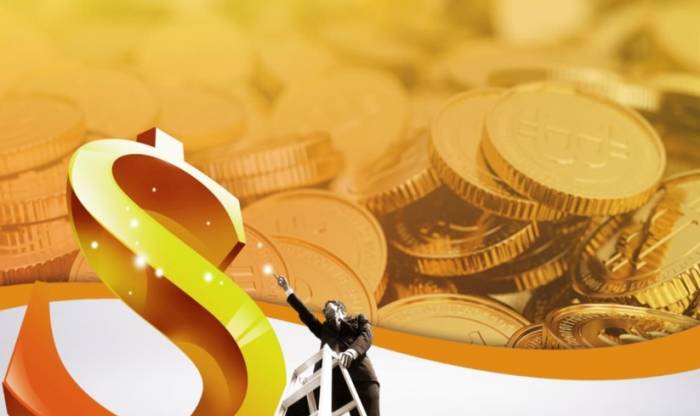


Join the Discussion